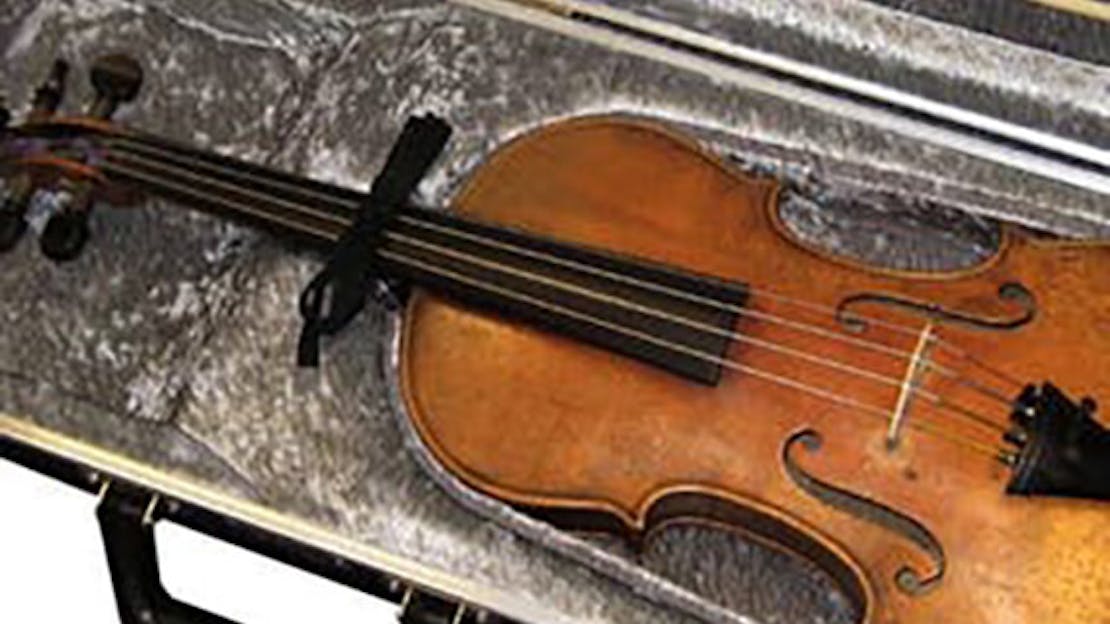
Violin Care & Maintenance - Looking after your violin
We are often asked how do I look after my violin? How do I clean it? Here eagle Music answers in simple terms the important do’s and don’ts regarding general care of your violin, storing, cleaning and transporting your violin safely.
Eagle Music Shop has a fully equipped on-site workshop facility and offers a full set-up and repair service for stringed instruments.
Storing
In general musical instruments like the same environment as their player, they need conditions where it is not too hot or hot and certainly not wet or damp! Keep your violin clean and free from dust, dirt and moisture. In a UK home, its OK to leave your instrument on a stand between playing sessions, in fact we encourage this as it makes you pick up the instrument more frequently to play and practise. Buy a decent quality stand to keep your instrument ‘out of the way’ in a corner of the room. Never leave it near a radiator or in a window where direct sunlight can fall upon the instrument and bake it! Also, never leave your violin stored in a cold or damp place eg. cellar, loft or out in the garage!
Cleaning
Each time you have played your violin give it a wipe over with a lint free cloth to remove finger marks. the strings can be cleaned with Pirastro Violin String Cleaner. Violin care products can be bought ‘off-the-shelf’ from Eagle Music. From time to time you may want to polish your violin, always check that this is suitable for the finish on your instrument eg. 1880 violin polish must be used with extreme care. Always remove finger and body marks from your violin after use with a clean lint free cloth that is available for this purpose. Never use abrasive cleaners on your violin! Wipe your fingerboard down and remove any excess rossin that has deposited itself there.
Transporting
Care of your violin during transportation really depends on where it is being transported to, and how it is being transported. Hard-shell cases and semi rigid cases are both available. But please note:- when using a semi-rigid case, you must always remember that your instrument can still be damaged if you don’t take care of how you handle it, how you put it down and where you leave it as other persons can sit on your case! Also, If you are a gigging musician, It wouldn’t be a good idea to put your semi-rigid case and instrument in the back of a van or in the boot of a car with PA gear and other hard objects! We recommend a hard-shell case always for gigging musicians. If you’re travelling by air we recommend a hard-shell or even better a flight case. Also, for added protection its a good idea to ‘bubble wrap’ your hard-shell case before letting it go in the hold of an airplane, the handling of baggage at airports can be very rough! Our Hiscox range of lite-flight cases is excellent or you could have a more expensive flight case made by Keith Calton.
Check out our Black-Ice and Extreme Protection range of well thought out quality gig bags. For hard-shell cases check out our Leader, Hiscox, Deering, TKL, Original and Kinsman etc. range of top quality brands.
